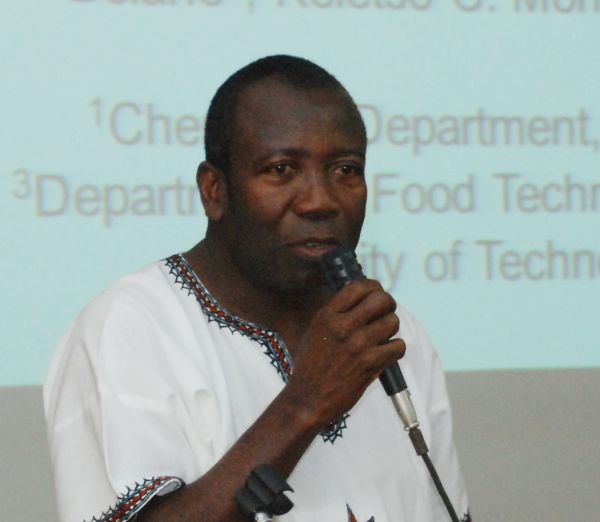Prof. Dakora remarked that a few decades ago, Asia and Africa were
similarly positioned on the issue of food availability, today, both
Asia and South America have relatively better food security as compared
to Africa. Africa is facing the combined problems of food hunger,
protein-calorie malnutrition and soil infertility. He remarked that
while Africa by virtue of being the oldest continent had poor quality
soil, it has been rewarded with numerous mineral resources.
Describing soil infertility as the key to tackling hunger in Africa,
Prof. Dakora stated that the key lies in enriching the soil. In this
context, he positioned BNF as the key to a future green revolution in
Africa. Africa has the lowest investment in agriculture among all
continents, and despite having 65 per cent of the global arable land,
it is not able to feed itself, Prof. Dakora said.
Prof. Dakora, who is the recipient of the ‘UNESCO-Equatorial Guinea
International Prize for Research in Life Sciences’ regretted that not
enough young scientists were being groomed in Africa, while the senior
batch of scientists are gradually fading away. Welcoming Prof. Dakore,
the AIT President Prof. Said Irandoust remarked that AIT is actively
engaged in Africa. He quoted the Asia-Africa initiative and Asia Africa
foundation as examples of AIT’s involvement in the continent.


